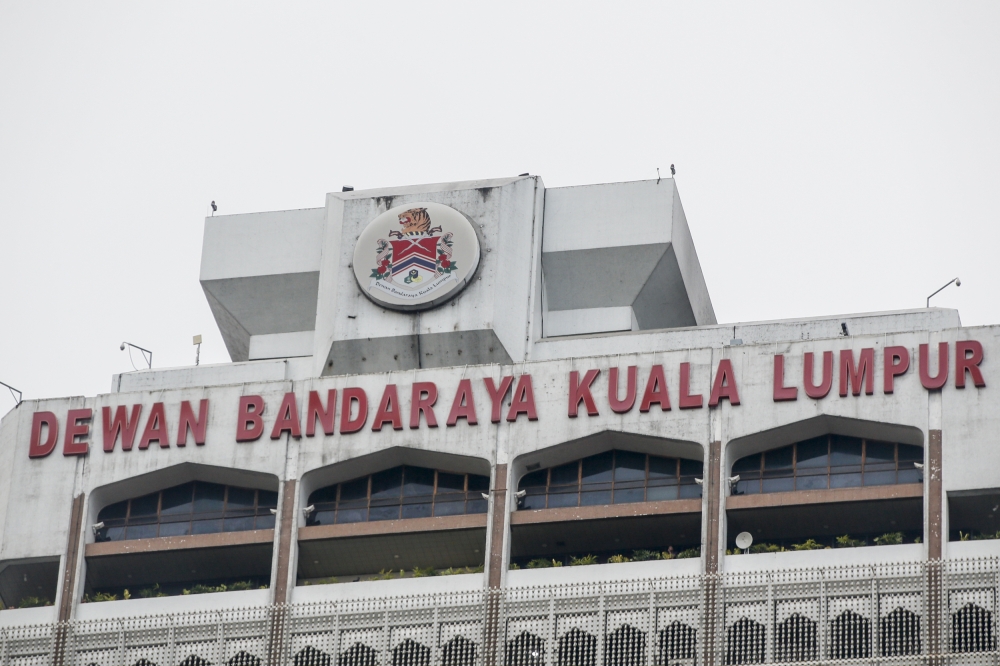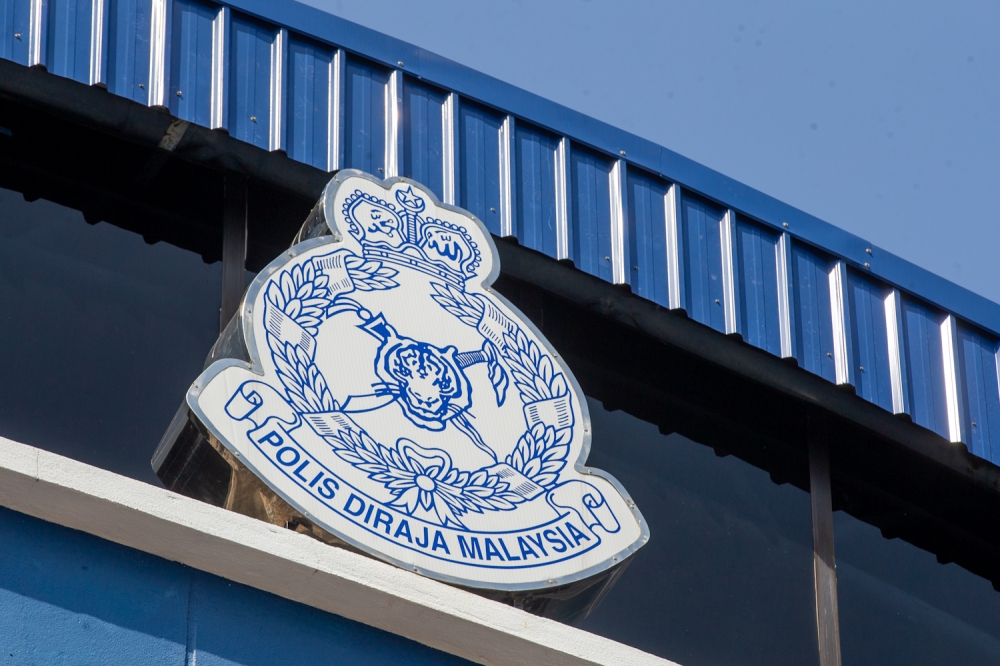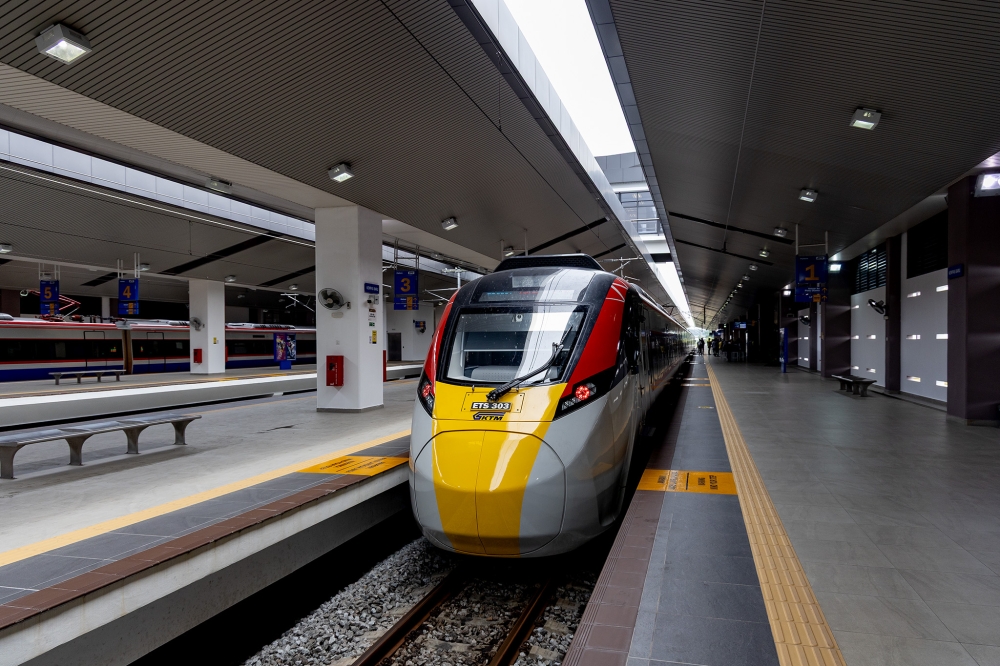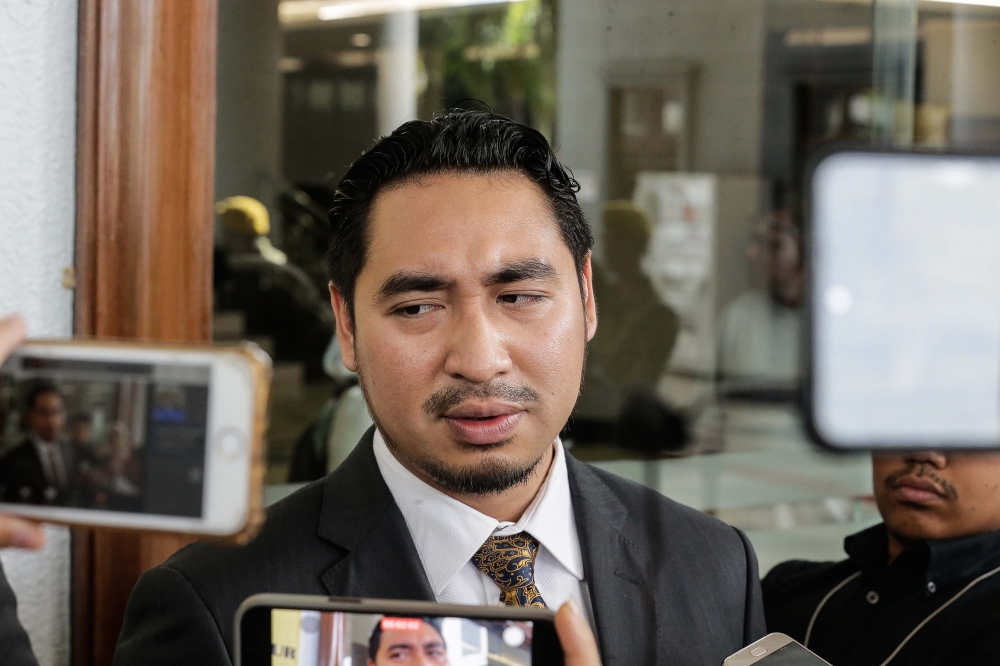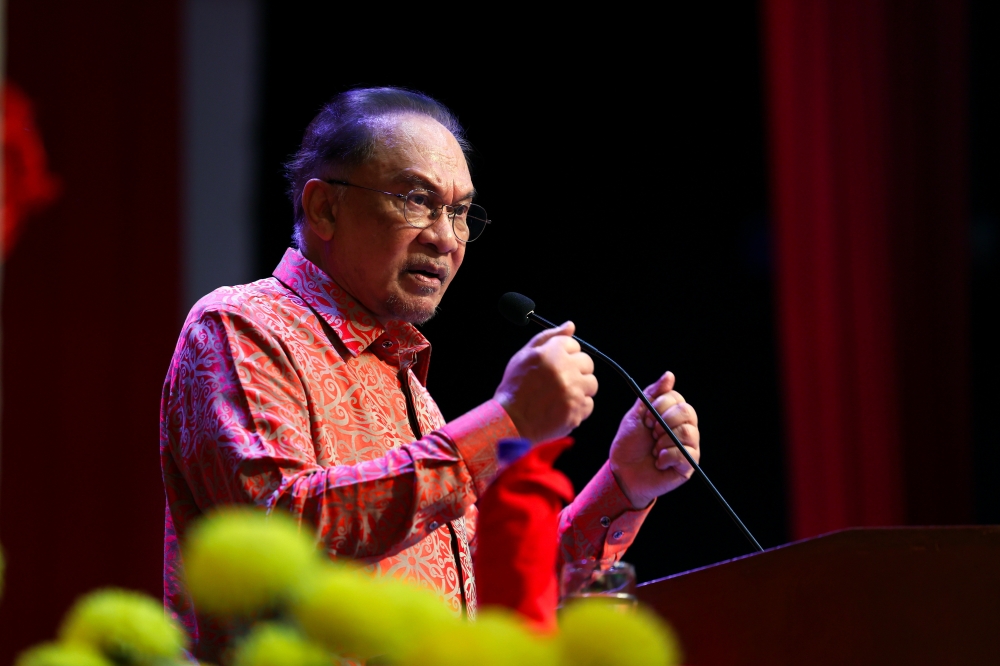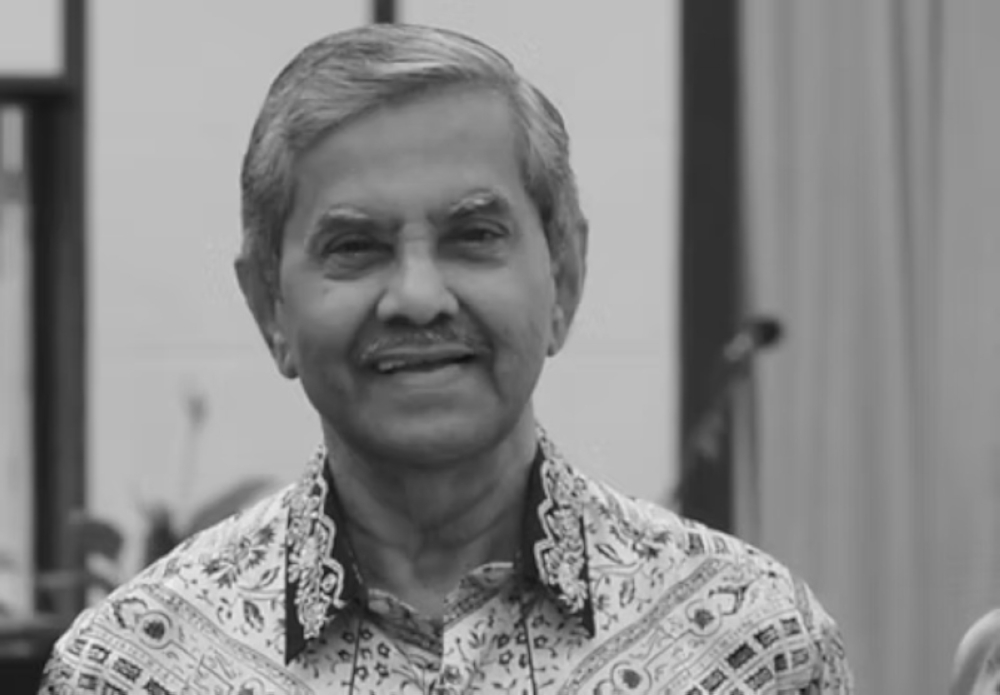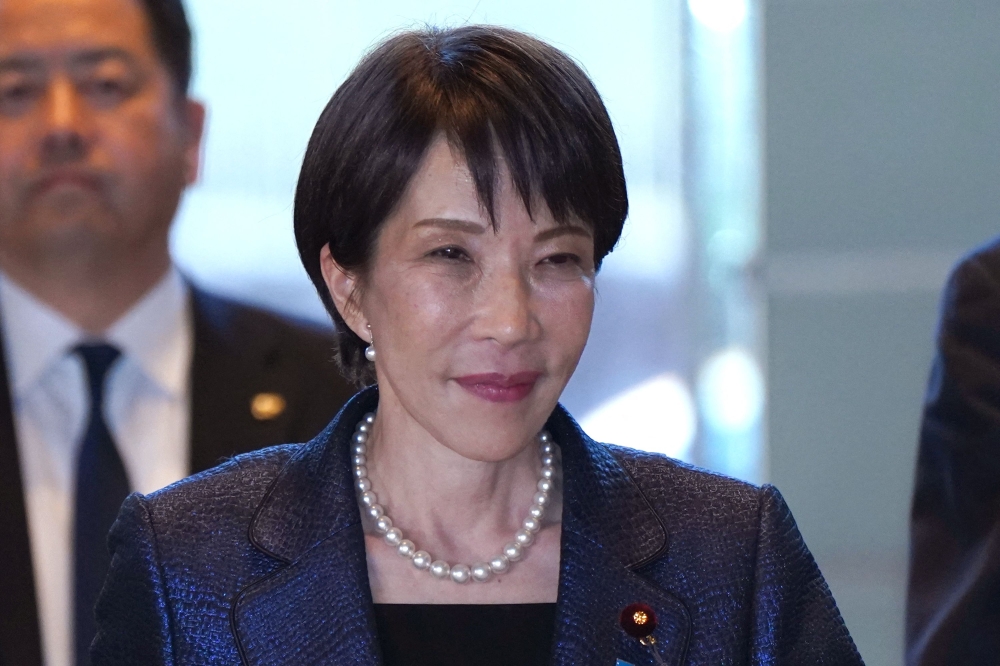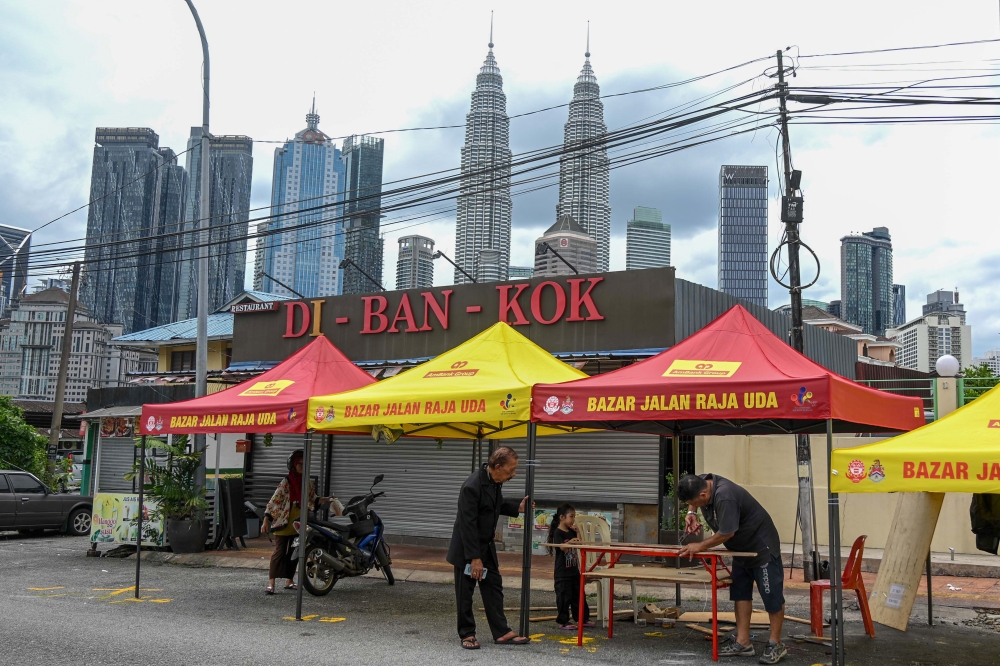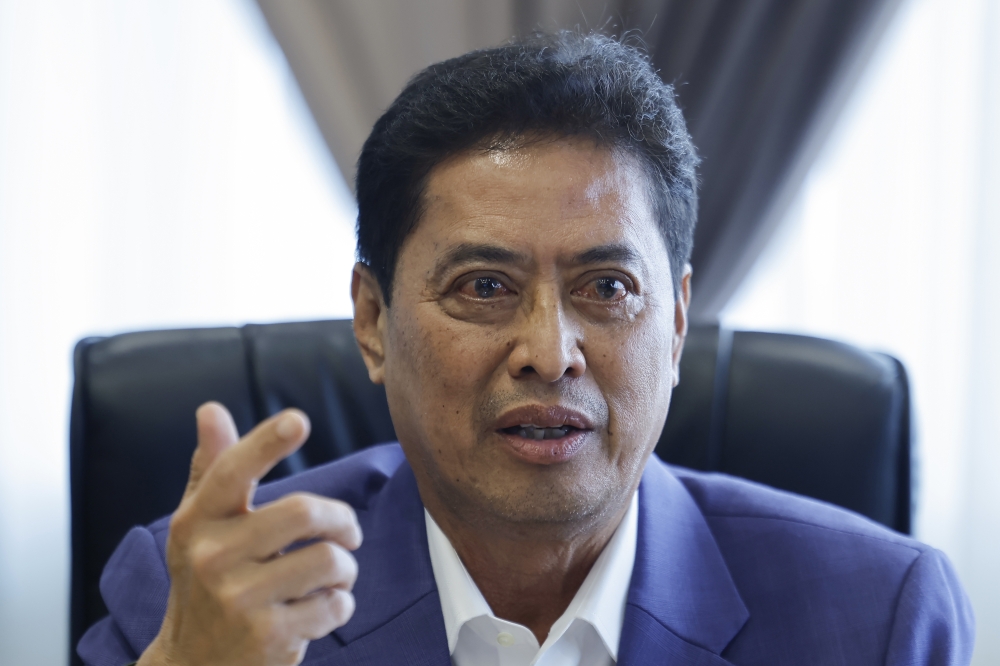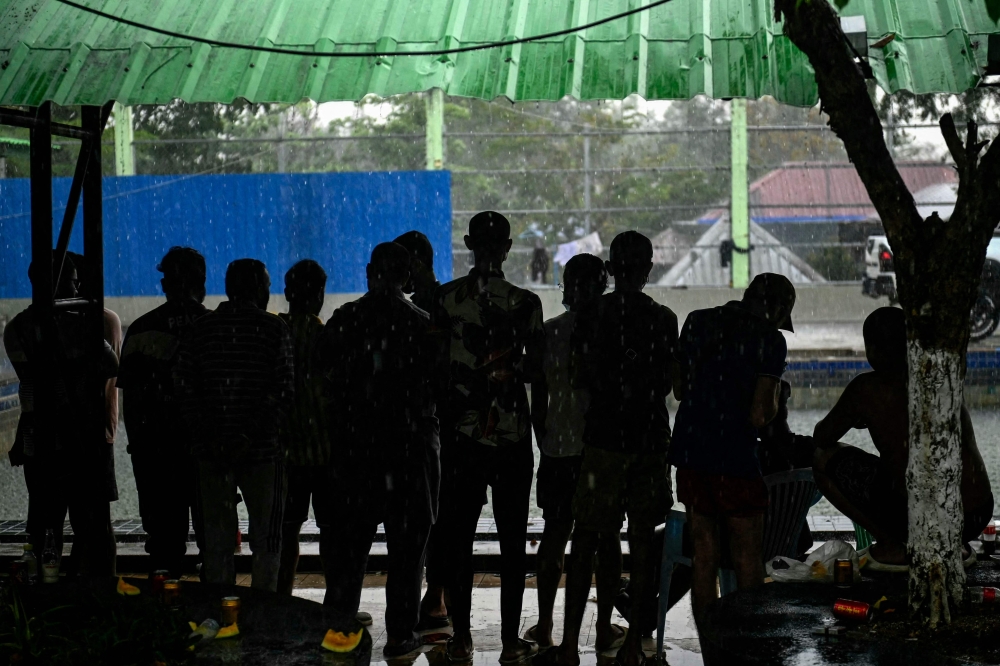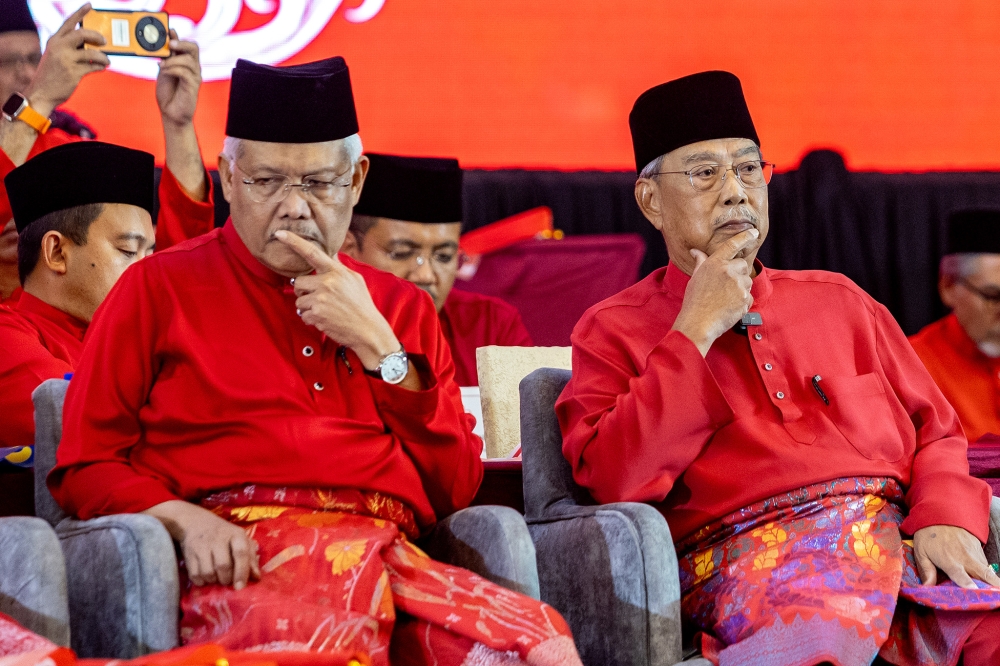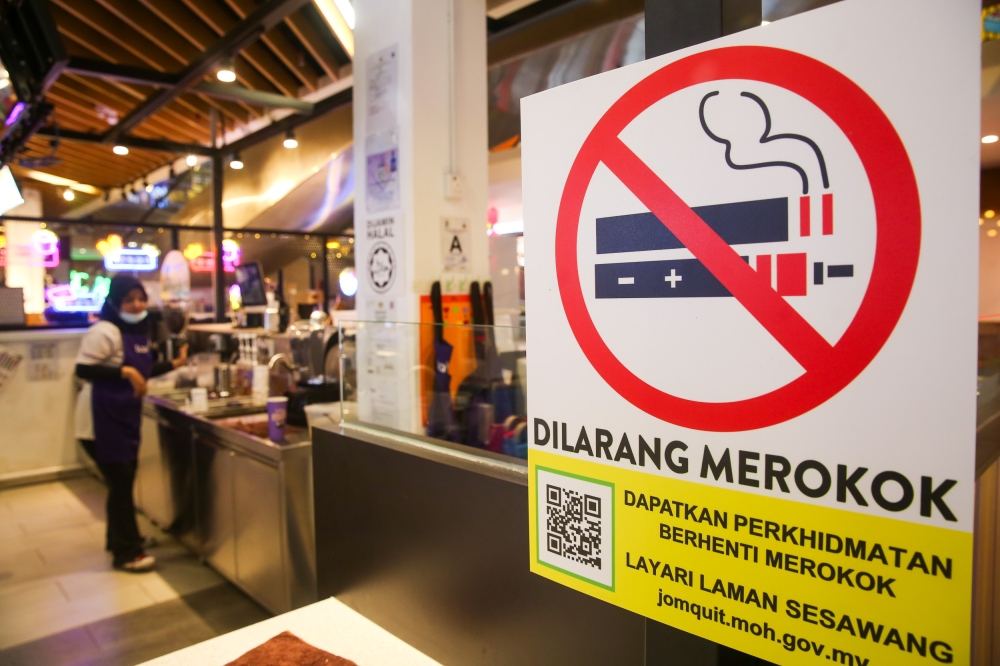DEC 17 — At the recent People’s Action Party convention, Prime Minster Lee Hsien Loong announced that the Pioneer Generation Package, part of the Government’s commitment to a “fair and just society”, would focus on the pioneer generation’s medical needs.
Details are to be announced in the 2014 Budget statements, and we should start a public conversation as soon as possible about what should be in this package and, just as importantly, what should not be included.
There have been calls to ensure MediShield Life premiums are affordable, to include treatment A or medicine B. But let us first take a few steps back and ask what the objectives of the package are or, at least, what they should be.
Two considerations are valuable at this stage: First, most people want health rather than healthcare. Given a choice between avoiding disease and suffering disease but with fully-paid treatment, I would wager that most would prefer the former.
Second, a critical role of healthcare-financing design is to enable “peace of mind”. This “peace of mind” enshrined in the Ministry of Health’s mission statement can come about only if and when every Singaporean is fully reassured that, in the unfortunate event of major illness and inability to afford treatment, high quality treatment will still be provided.
Peace of mind, however, collides with two realities — one ideological, the other financial.
The Trilemma
The ethos of “self-reliance” is a cornerstone of Singapore’s political philosophy, and rightly so.
Former Prime Minister Lee Kuan Yew once famously declared: “Social and health benefits are like opium or heroin. People get addicted and the withdrawal of welfare benefits is very painful.”
However, medical inflation marches at a much faster pace than wages or GDP growth, and it is unrealistic to expect complete self-reliance in healthcare. This is especially so for the pioneer generation — most of whom would likely have no or limited opportunities for income generation, and there is little value in exhorting self-reliance at this late stage.
Thus, the Government needs to step in, which it has. But where does unhealthy dependence begin and self-reliance end? There is a difficult policy “trilemma” — the conundrum of three policy objectives which cannot all be achieved at the same time. How does the Government enable peace of mind, while not eroding self-reliance and being fair and just to Singaporeans of all ages?
The second reality is financial and revolves around what health economists describe colloquially as “finite resources, infinite demand”: As long as Singaporeans do not want to die prematurely and want to live well, there will always be insufficient healthcare facilities and staff.
All this theory is wonderful to pontificate over but, in practice, what should Singapore do?
Invest in prevention
If I may, I have three suggestions. The first is to expand the boundaries of healthcare or medical needs to be proactive and preventive in orientation. Remember, health rather than healthcare.
Yes, put out treatment subsidies over and above that for other Singaporeans, but do take a sliver of the monies to fund health screenings for both physical and mental conditions to identify those at risk. Fund mammograms and Pap smears, but please also pay for appropriate vaccinations.
And don’t forget to be proactive in promoting psychological well-being for the pioneer generation. At the recent World Congress on Integrated Care, a speaker declared that “loneliness is a bigger risk factor for the elderly than high blood pressure”.
The numbers need to be worked out, but my prediction is that better preventive health measures for both body and mind will actually save money in the longer term.
What’s worth subsidising?
The second suggestion revolves around defining a medical benefits package. This should be based on scientific merit, guided by international best practices and local disease patterns and appreciating the different resources available in different countries.
For example, there is a vaccine for shingles, a disease caused by reactivation of the chicken pox virus especially in the elderly, which has different recommendations in different parts of the world. In America, vaccination is recommended for all over the age of 60; in England, the recommendation is for those aged 70 and above. Singapore currently has no national recommendations for shingles vaccination.
A “negative list” is probably also necessary to conserve limited subsidies. Should a “pioneer” be subsidised for a liver transplant? Or a life-prolonging cancer treatment costing a quarter of a million dollars?
Working out a medical benefits package is tough, but it needs to be done. To successfully mitigate MediShield Life premium increases year on year, both benefits and restrictions need to be defined.
A consistent direction
Finally, let us not forget that the Pioneer Generation Package sits within a larger overall framework of the national healthcare system. The internal consistencies both in philosophy and programme must be preserved.
Singapore, politically and financially, cannot afford to have a package that is so out of whack with the rest of the system that we inadvertently breed resentment among younger Singaporeans or encourage perverse behaviour on the part of the pioneer generation or the doctors who look after them.
Health Minister Gan Kim Yong announced a year ago that his ministry was conducting a “fundamental review” of the health system. Let us ensure all the moving pieces for “pioneers” as well as the rest of Singapore are moving in the same direction. — Today
* Jeremy Lim has held senior level executive roles in the Singapore public and private sectors, and is the author of Myth Or Magic: The Singapore Healthcare System.
** This is the personal opinion of the writer or publication and does not necessarily represent the views of The Malay Mail Online.






